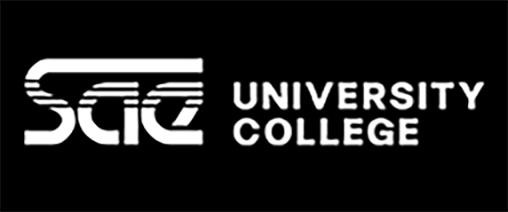Publication Ethics Statement
All authors publishing in Imaginings: creative practice and inquiry must do so ethically, ensuring the originality and correct attribution of their work. We are committed to ensuring the integrity of the academic record and maintaining the trust of our readers, authors, and the broader creative community.
Authorship and Originality
Submitted work must be original, unpublished elsewhere, and the authors must have made a significant contribution to the content. Plagiarism, including self-plagiarism and duplicate submission, is strictly prohibited. All sources, including text, images, and ideas that are not original to the author, must be properly and accurately attributed. This includes citing your own previous work if it is being reused, and indicating the context of this. As a general rule, an article which has at least 75% new work compared to a previous article published elsewhere by the same author will be acceptable for publication in our journal, provided the context is clear and that the original article is also correctly cited. Sections or chapters of postgraduate theses (e.g. a Masters thesis) which have not been published elsewhere in a public journal will be considered unpublished, and thus suitable for submission to our journal.
Use of Generative AI
We expect all articles to be author-derived. If you have used generative AI tools, such as large language models (e.g., ChatGPT) or image generators, in the development of your work, this must be clearly and explicitly acknowledged. The specific tool used and the nature of its contribution (e.g., for generating initial drafts, brainstorming ideas, or creating specific images) should be noted in your submission. Ultimately, the author remains fully responsible for the content and integrity of the final article. Because the purpose of the journal is to share creative practice and activate collegiate dialogue between creative practitioners and scholars sharing insight into their individual works, it is to be expected that the work submitted is primarily human-origin.
Grievance Process
Should any concerns or complaints regarding ethical misconduct arise, they will be handled with seriousness and confidentiality. Any individual who believes that a breach of our publication ethics policy has occurred should contact the editorial team immediately. All complaints will be investigated promptly and fairly, and a formal process will be followed to resolve the issue. If misconduct is confirmed, the editorial team reserves the right to take appropriate action, which may include the retraction or correction of the published article

